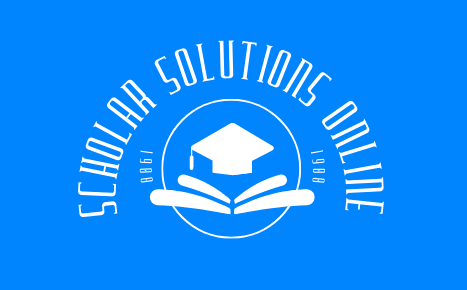As a research consultant at Scholar Solutions, I have helped many students and researchers develop successful research proposals. Writing a research proposal is a critical step in the research process, and it can make or break your chances of getting funding or approval to conduct your study. In this article, I will outline the essential elements of a successful research proposal that will impress your audience and increase your chances of success.
- Title and Abstract: Your proposal should start with a clear and concise title that accurately reflects the focus of your research. Your abstract should summarize the proposal, including the research question, methodology, and expected outcomes. This section should be written in a way that captures the reader’s attention and encourages them to read on.
- Introduction: Your introduction should provide a brief overview of the research topic, highlight the research gap or problem you intend to address, and explain why it is important to conduct this research. It should also provide a brief literature review that supports your research question and hypothesis.
- Research Question and Hypothesis: Your research question should be specific, clear, and focused. It should guide the research process and should be framed in a way that suggests the potential for new insights or understanding. Your hypothesis should be testable and supported by your literature review.
- Methodology: Your methodology should describe the research design, data collection, and data analysis methods you plan to use. It should explain why these methods are appropriate for your research question and hypothesis and should demonstrate your understanding of research ethics and best practices.
- Significance and Expected Outcomes: Your proposal should describe the expected outcomes of your research, including the potential impact on the field and the potential contributions to theory, practice, and policy. You should also explain how your research will fill the research gap or problem you identified in your introduction.
- Timeline and Budget: Your proposal should include a timeline that outlines the various stages of your research project and a budget that outlines the costs associated with each stage. Your budget should be realistic, and you should be prepared to justify each expense.
- Conclusion: Your conclusion should summarize the key points of your proposal and reiterate the importance of your research. You should also explain why you are the best candidate to conduct this research, including your qualifications, experience, and skills.
In summary, a successful research proposal should include a clear and concise title and abstract, a comprehensive introduction, a specific research question and hypothesis, a detailed methodology, a description of the expected outcomes, a realistic timeline and budget, and a convincing conclusion. By including these essential elements in your proposal, you will increase your chances of success and impress your audience. Reach us here for further assistance.
research proposal, methodology, research question, hypothesis, expected outcomes, budget, timeline, literature review, research ethics, best practices.
Scholar Solutions, Research Proposal Examples, Writing a Research Proposal






